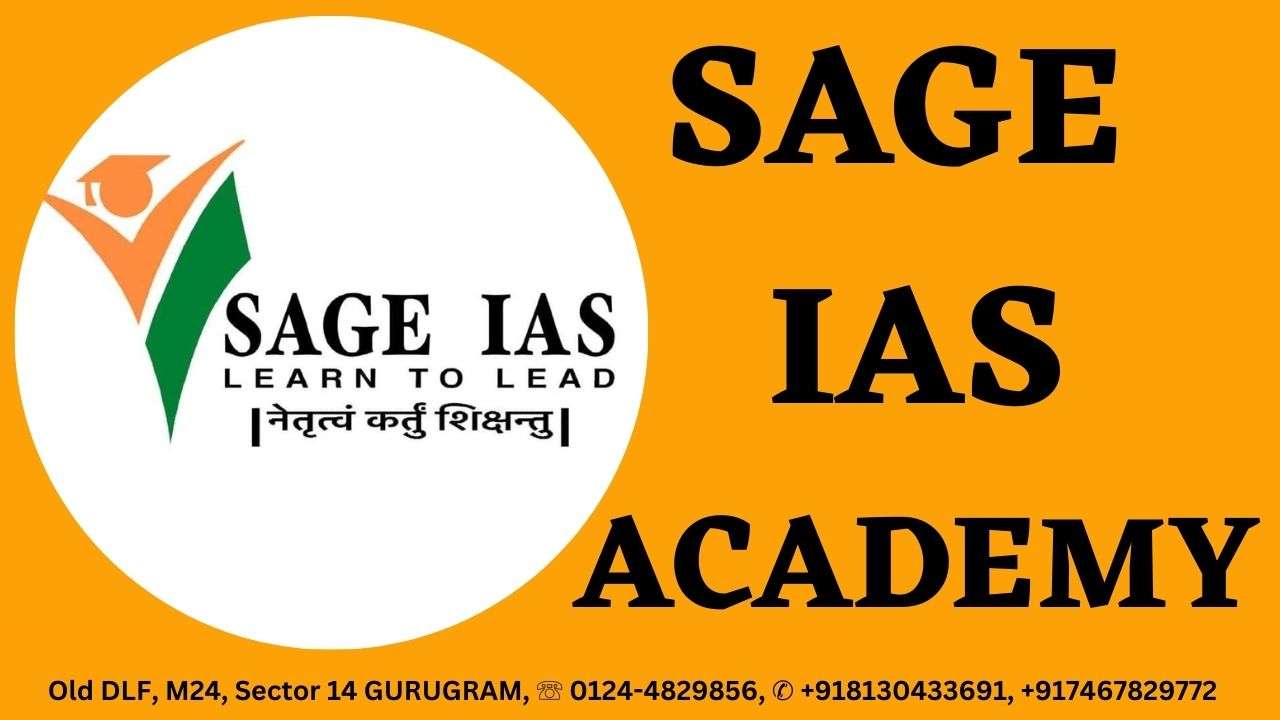
The essay type questions in the main exam carry different key words, based on which a student has to formulate his answer. If a student did not understand what the word exactly meant, the answer will not meet the requirement of the examiner in spite of all the knowledge possessed. Here are the Mains exam key words and what the examiner expects from the student in such questions.
10 Mains exam key words
- Elucidate- One need to expand the statement, i.e. to give some details on the event described or the statement made in the question. One should not deviate from the stand of the question.
- Explain- The statement or argument made in the question should be made simpler, i.e. devoid of any technicalities. If possible, the explanation should contain examples and instances.
- Elaborate/Amplify- The argument or the event described in the question needs to be enriched by details. One should provide more information about the event described.
- Simplify- The demand of such questions is to reduce the complexity of the statement or argument given to the student. One needs to make a complex issue comprehensible even to those who are not familiar with the technicalities of the subject.
- Discuss- One needs to bring in the different possible views on the argument put up in the question. After giving suitable weightage to each argument, student should conclude in the last. However, conclusion do not necessarily mean that one has to side with a particular view, instead, conclusion may be more subtle. Here he will have to rely on his conscience.
- Justify- Here too, the student has to bring in different views over the argument made in the question. However, instead of giving his own conclusion, he has to prove the given statement by rejecting the contrary views, i.e. the student should not deviate from the stand of the question.
- Examine- This form of the question is much like the subjective version of ‘True or False’. The student is required to check the correctness of the statement. The methodology of checking the correctness varies from question to question.
- Critically Examine- Instead of checking the correctness of the statement as ‘a whole’, one should distinctively examine the various parts of the statement made. Unlike ‘examine’, whole statement may or may not be true, therefore one needs to break the statement into parts and bring out the positives and negatives of each of them and highlight them distinctively in the conclusion.
- Comment – One need to give the opinion on the statement. However, it does not mean that any opinion can be given. Instead, the opinion must be the standard and should be established as norm. Therefore, the knowledge of the student about the standard view about the argument is being tested.
- Critically Comment- One needs to bring in the different opinions in his comment, which may or may not be standard. However, it is advised that opinions should not be invented by the student himself and should be part of the standard discourse on the topic. All views and opinions about the statement should be included in the Comment.
The above explanations of the key words will help a student in tackling the questions in a better way. However, a student must also learn to use his own common sense and should be ready to face any condition set to trick him. Many a times in a question, the key word is used contrary to its standard use, therefore one must read the question in totality. Although such instances are rare, but one could not completely rule them out.
